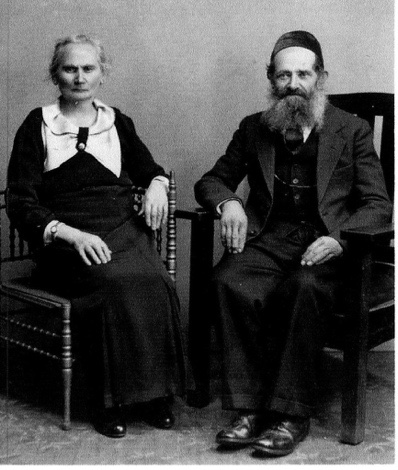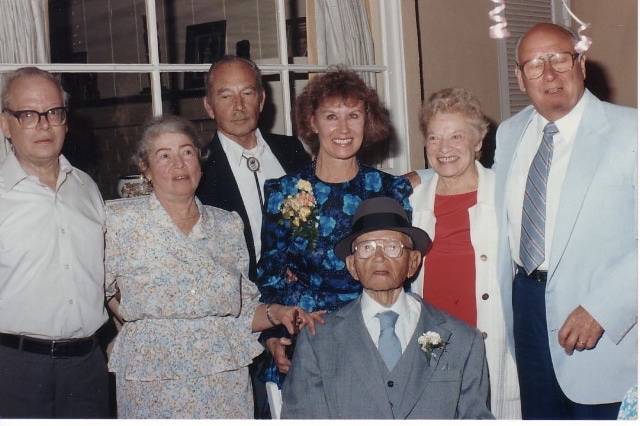My father was a hale and hearty man who worked hard on our dairy farm. In addition to the herd of dairy cows, we had a bull, a work horse, and sometimes, chickens.
In my father’s time, men were the head of households and women took second place. Children were an economic advantage. He was stern and expected us to work as hard as he did. Because I was one of the youngest in the family, I escaped the hard work assigned to my siblings which gave me a lot of freedom. Yes, I admit to taking advantage of that.
I did well in school, got good grades, and got no worries from my father. I was largely ignored by both my parents, except at mealtimes when I was well-behaved. Oh, but the thoughts I had in my head! I was going to become a teacher, I was going to college, and some day get married.
When I told my father that I was going to college, he said I wouldn’t need the education because I would get married so why waste my time? You can guess what my reaction was. The Paster psyche came out in full force. The saving grace came many years later. He attended my college graduation in California when I got my graduate degree, and I could hear him cheering for me.
Over the years, my father gradually changed, becoming less stern and more accepting of my independence and desire to leave the farm. The only child who had interest in the farm was Isaac. Abe had airplanes on his mind, Jake was too young to make up his mind about his future, and Joe went into the service and didn’t survive. I’m sure it was a disappointment for my father.
My father’s grandparents, Israel and Rivah Prustak were both born in Kapolla, Minsk in the mid-1800s. Israel was a postman and a Talmudic Scholar. Israel and Rivah had several children, one of whom was Solomon. Solomon Prustak married Sarah – these were my father’s parents. Solomon owned a lot of land and was said to be a rich man.

Sometime after arrival the U.S, the name Prustak was changed to Pasternak and then to Paster.
Morris was born March 11, 1891. He grew up on his parents’ farm in Minsk, learning skills from his father. When he was 18, his parents sent him on his own with a nickel in his pocket (according to my dad), to the United States. Minsk, at that time, was part of the Russian Empire. It was a violent time for Jews in the area. Cossacks regularly rode their horses into Jewish settlements to plunder and pillage.
Morris managed somehow to get from Minsk to a port city. I don’t know which one or how he got there. He could have ended up in what is now Latvia or Lithuania or Poland or he could have traveled as far as Copenhagen to board a ship bound to the U.S. Once in the U.S. Morris lived in New York for a time with his older brothers Saul and Willy who had arrived a year or two before. Morris spoke fluent Russian, Yiddish and Polish and managed to pick up English when he moved to the States. His parents, Solomon and Sarah, arrived in the States a few years later.
On June 7, 1921, both my father and mother became naturalized citizens.

